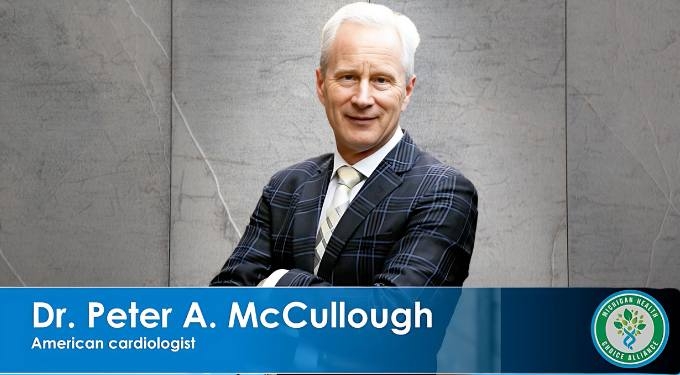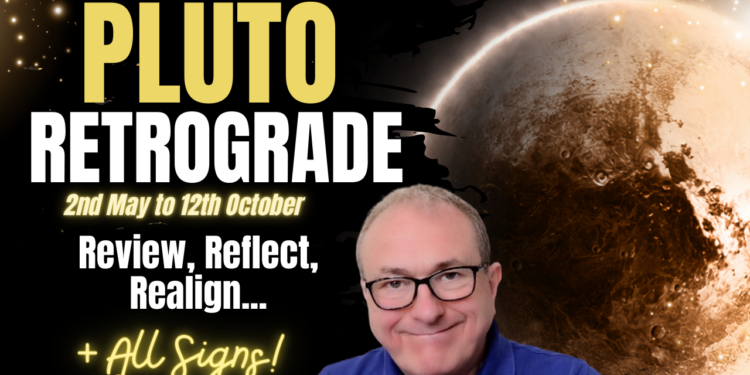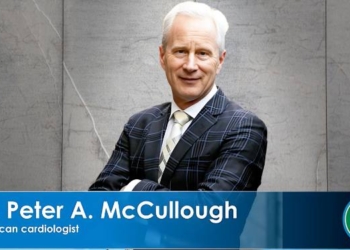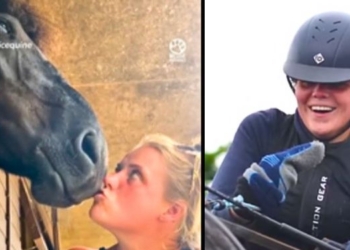If You Want a Better World, Become a Quantum Activist
December 26, 2019
The Freedom Checklist – What Every Human Being Needs to Know
December 5, 2021
The End of Humanity – As Planned By The Global Leaders
April 26, 2024
Scorpio Full Pink Moon – Deep Dive Video inc All Signs…
April 22, 2024
Do Vaccines Make Us Healthier? (2024 update)
April 21, 2024
Weekly Astrology Video WC 22nd April 2024 + All Signs
April 21, 2024
The Real Anthony Fauci – The Movie
April 18, 2024



















![A Higher Energy Is Trying To Do Something – Kyle Cease [Video]](https://consciouslifenews.com/wp-content/uploads/2024/04/kyle-cease-its-not-working-350x250.jpg)

































